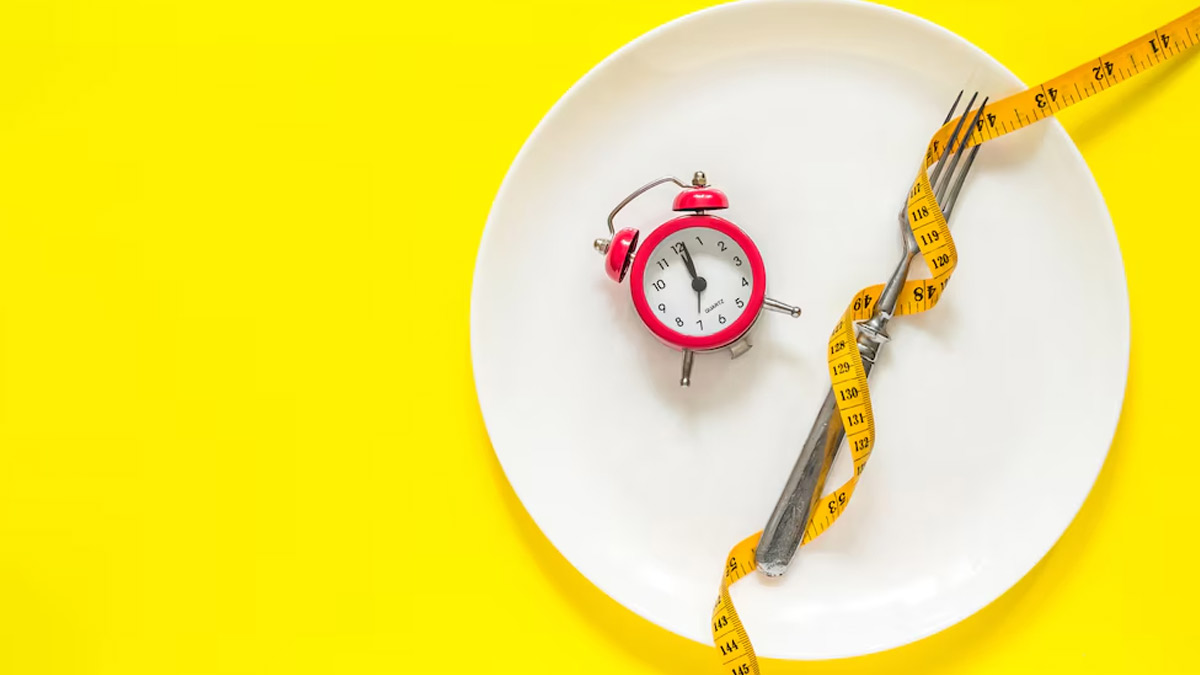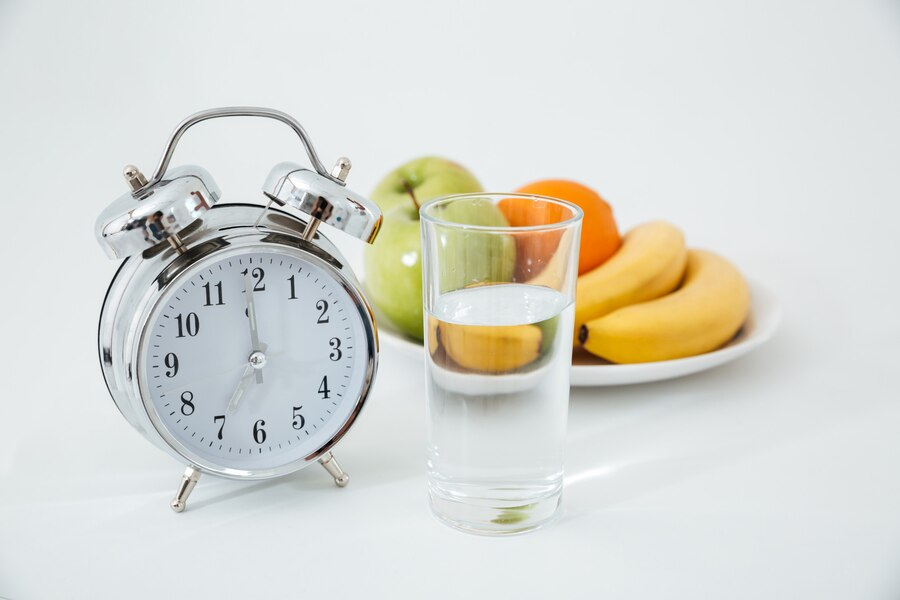
People fast for various reasons. Some indulge in it to achieve their fitness goals, while for others, it holds more cultural and religious significance. But it is important to note that fasting isn’t for everyone. People with underlying medical conditions or certain nutrient deficiencies, and those who are pregnant or lactating, need to take more caution. In addition, women who are menstruating should also be conscious of the effects fasting can have on their menstrual experience.
Table of Content:-
We at OnlyMyHealth spoke to Dr Bharathi Ramesh, Senior Consultant - Obstetrician and Gynaecologist, Motherhood Hospitals, Banashankari, Bengaluru, to understand whether or not fasting during the period is safe.
Also Read: How Menstrual Symptoms Change In Your 20s, 30s, And 40s
How Menstruation Affects The Body

Regardless of how long you have had your period, the experience can be different every time. As you age, you may experience new changes in your body, develop new symptoms, and even notice how your mood changes every time your period knocks on your reproductive door.
It is interesting to note that menstrual symptoms and bodily changes may even occur one or two weeks before the menstruation even hits. This is called Premenstrual Syndrome (PMS). According to a study published in Clinical Epidemiology and Global Health, PMS is one of the most common menstrual disorders experienced by many young women worldwide. It affects about 75% of menstruating individuals, while 3–8% suffer from severe symptoms, the research further notes.
One of the primary causes of PMS is hormonal fluctuations, which involve oestrogen surplus and progesterone deficiency.
Some of the common symptoms include:
- Bloating
- Abdominal cramps
- Tender breasts
- Mood swings and increased irritability
- Trouble sleeping
- Headaches
- Changes in appetite
- Low sex drive
Can Fasting Improve Or Worsen Menstrual Symptoms?

Dr Ramesh says, “Fasting while on your period depends on various factors, such as overall health and the menstrual cycle.”
According to him, it may or may not improve period symptoms like digestive discomfort, as the effects vary for different people. However, some people find that fasting helps relieve symptoms such as bloating, cramping, and digestive issues during menstruation, possibly because fasting can reduce inflammation and give the digestive system a break.
On the contrary, he notes that fasting can worsen symptoms for some people.
“For some people, skipping meals or not consuming enough nutrients during menstruation can lead to increased fatigue, dizziness, and weakness. Fasting can disrupt hormonal balance, leading to mood swings, worsening cramps, or breast tenderness. It can also lead to low blood sugar levels, which may worsen symptoms like irritability, headaches, and cravings,” he adds.
Hence, he advises, “If you are planning to keep a fast during periods, consider keeping a short fast that you can break in 24 hours. The most important thing is to listen to your body and break the fast if you feel dizzy, tired, or your cramps worsen.”
Also Read: Understanding PMS: Why Some People Experience Breasts Changes Before Period
What You Can Do If You’re Fasting On Your Periods

Here are some tips to help you prepare for a fast during your period:
Stay hydrated: Drink plenty of water in the days before your fast to ensure that you are well-hydrated. This is because dehydration can worsen menstrual symptoms like bloating and cramping. If you can, try to prioritise drinking water even during the fasting period.
Eat nutrient-rich foods: Focus on eating nutrient-packed foods like fruits, vegetables, whole grains, lean proteins, and healthy fats before starting your fast to give your body essential vitamins, minerals, and energy.
Keep a short fast: Start with a short fasting period like 12–16 hours and see how you feel. You can then gradually increase the duration once you feel comfortable with it.
Bottomline
Fasting during menstruation may have varying effects on different people. For some, it might help reduce symptoms, while others may experience heightened issues. Dr Ramesh says, “People who experience severe menstrual symptoms like heavy bleeding or those who have underlying health conditions, like diabetes, PCOS, or eating disorders, should consider avoiding fasting.”
He adds that prioritising one’s well-being is of utmost importance, and knowing when to avoid fasting is key. If keeping a fast worsens your period symptoms, listen to your body, break the fast, and eat a nutrient-rich meal, he concludes.
Also watch this video
How we keep this article up to date:
We work with experts and keep a close eye on the latest in health and wellness. Whenever there is a new research or helpful information, we update our articles with accurate and useful advice.
Current Version